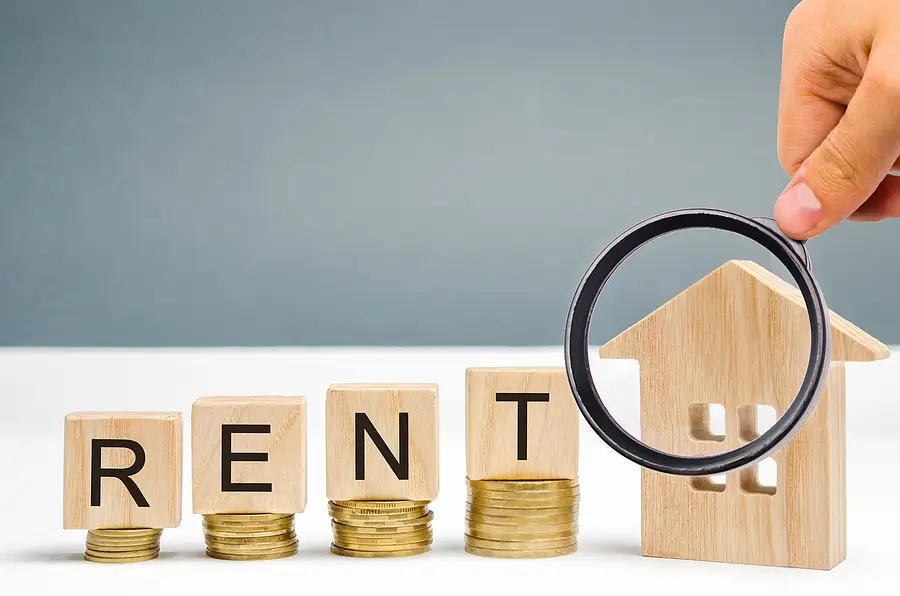Figuring out how much to charge for rent is all about balance. Price it too low, and you miss out on potential income. Price it too high, and vacancies might cost you even more.
For rental property owners, real estate investors, and managers in Atlanta, determining the right rental price means understanding the market and making data-driven decisions.
Below, you’ll find key steps to help you set a competitive rental price and maximize rental income.
Understanding the Rental Market in Atlanta
Atlanta’s rental market is shaped by local economic conditions, seasonal changes, and population growth. Understanding these trends is essential for setting a competitive rate.
1. Analyze the Competitive Rental Market
Research comparable rental properties in the area using websites like Zillow or Trulia. Look at size, features, and location. This will help you establish a fair price and position your property effectively.
2. Monitor Market Trends
Keep an eye on rental demand, which often spikes during summer due to relocations. Also, watch for economic developments, such as the growth of tech hubs, as these can influence demand in certain neighborhoods, helping with adjusting rental prices accordingly.
Evaluating Your Rental Property
Your property’s unique features and location play a significant role in justifying its price. Highlight amenities like in-unit appliances, parking, or upgraded interiors. Properties in proximity to schools, parks, or transit options increase their overall appeal and tenant satisfaction.
Regular maintenance and minor upgrades, like fresh paint or modern fixtures, can increase rental value. A well-maintained property attracts tenants who are more likely to make timely rent payments. Lastly, clarify your target tenant. For instance, families may prioritize school districts, while young professionals might look for affordability and access to city centers.
Determining Rental Rates
Setting the right price involves a mix of market research and financial analysis.
Conduct a rental market analysis to review rates of comparable properties and factor in time-to-lease. Account for expenses like property taxes, insurance, and maintenance. Ensure your rental income covers costs while allowing for long-term profitability.
Also, pay attention to supply and demand dynamics. High demand might support higher rent, while an oversupply of rentals could require adjustments. Analyzing historical rent trends in your neighborhood can help you anticipate fluctuations and refine your pricing.
Rental Rate Strategies for Landlords
Strategic pricing is key to reducing vacancies and keeping tenants happy.
1. Balance Income and Vacancies
Set a price that attracts tenants while maximizing income. Sometimes, modest adjustments can make a big difference.
2. Offer Incentives
Perks like free Wi-Fi for the first month or discounted move-in fees can appeal to tenants and prevent long vacancies.
3. Adjust Rates with Data
Use property management tools to stay updated on rental trends and make data-driven changes when necessary.
4. Encourage Renewals
Offer stable rates or small benefits during lease renewals. This builds tenant loyalty and reduces turnover costs.
Negotiating Rental Rates with Tenants
Be prepared to negotiate by backing your rental price with market data. Flexibility with lease terms or minor concessions, like including utilities, can secure leases faster. Building positive relationships with tenants leads to better retention and fewer gaps in occupancy.
Adapting to Market Trends and Forecasts
Stay informed about Atlanta’s economic conditions and population shifts to adapt your strategy. While Georgia doesn’t have rent control laws, staying updated on local policies will help you stay compliant. Utilize tools like Zillow Rental Manager for up-to-date market insights.
Maximize the Value of Your Rental Property
Investing in upgrades and maintenance ensures your property stands out. Simple improvements, like landscaping or energy-efficient appliances, can increase rental appeal and command higher rates. Consider hiring a property manager to handle marketing, tenant relations, and upkeep, ensuring a smoother rental process.
Achieving Long-Term Success
Success in rental analysis requires a combination of research, adaptability, and a strong focus on market trends. With the right strategies, Atlanta’s landlords and property managers can secure consistent income while staying competitive.
Need guidance? Contact Rent Appeal for expert advice tailored to Atlanta’s dynamic rental market. We’ll help you maximize income and attract quality tenants!
Other Resources:
Mastering Rental Property Accounting: Tips Atlanta, GA Landlords Should Know
The Benefits of Detailed Financial Reports for Property Management Success in Atlanta


